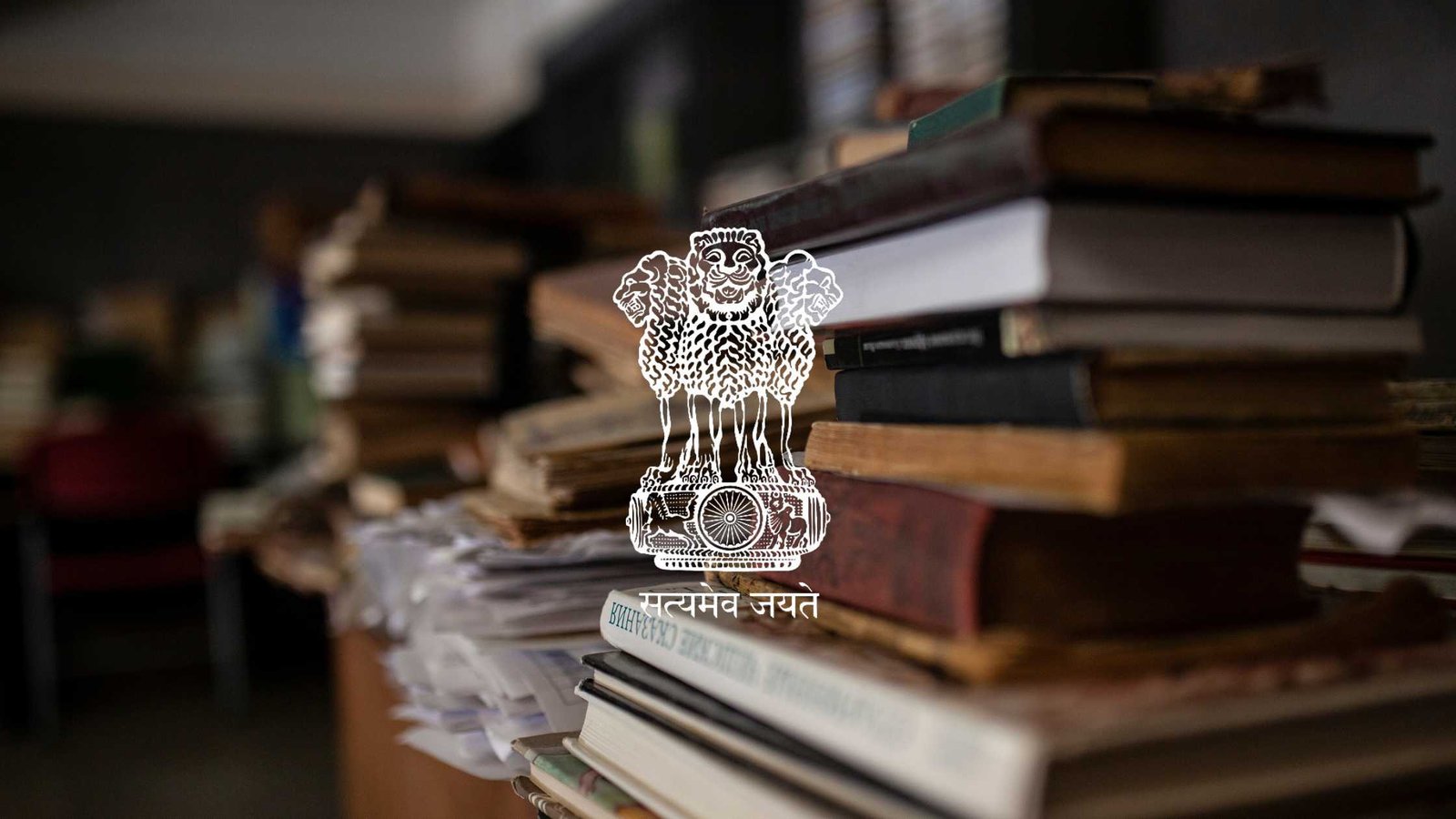Preparing for the UPSC (Union Public Service Commission) exam is a challenging journey, and one of the most crucial steps to ace it is choosing the right study material. NCERT books are widely regarded as foundational resources for UPSC preparation, as they offer comprehensive, structured content in a straightforward manner. Here’s a guide to the top 10 must-read NCERT books that will build a solid foundation and help you cover a significant portion of the UPSC syllabus.
1. History – Class 6 to 12 NCERT Books
- Why You Should Read: NCERT history books cover ancient, medieval, and modern history in detail, essential for both Prelims and Mains.
- Key Topics: Ancient India, Medieval India, and themes of Modern India.
2. Geography – Class 6 to 12 NCERT Books
- Why You Should Read: Geography NCERTs provide a strong base, covering everything from the physical features of India to environmental issues.
- Key Topics: Indian and world geography, climate, natural resources, and biodiversity.
3. Polity – Class 11 and 12 NCERT Books (Indian Constitution at Work and Political Theory)
- Why You Should Read: These books offer an introduction to political science, democratic setup, and governance in India.
- Key Topics: Constitution, governance, political ideologies, and democracy.
4. Economics – Class 9 to 12 NCERT Books
- Why You Should Read: Economics NCERTs help clarify fundamental concepts crucial for both Prelims and Mains.
- Key Topics: Basic concepts of economics, Indian economy, growth and development, and macroeconomic policies.
5. Science – Class 6 to 10 NCERT Books
- Why You Should Read: While science isn’t a core subject for UPSC, these books help in understanding basic concepts related to the environment, biodiversity, and technology.
- Key Topics: Biology, chemistry, physics basics, and environmental issues.
6. Environmental Studies – Class 12 (Biology and Geography)
- Why You Should Read: Environment-related questions are common in the exam, and NCERT biology and geography books offer strong foundational knowledge.
- Key Topics: Ecology, ecosystems, environmental policies, and conservation.
7. Art & Culture – Class 11 (An Introduction to Indian Art)
- Why You Should Read: Understanding Indian art and culture is essential for the Prelims and Mains exams, and this book is an ideal starting point.
- Key Topics: Indian art forms, architecture, and cultural heritage.
8. Sociology – Class 11 and 12 NCERT Books (Introducing Sociology and Social Change and Development in India)
- Why You Should Read: Sociology offers insights into societal structures, making it relevant for the Ethics paper as well as for Mains.
- Key Topics: Social issues, development, and transformation in Indian society.
9. Indian Society – Class 12 (Indian Society and Social Change)
- Why You Should Read: Provides in-depth knowledge about Indian society, which is valuable for Mains.
- Key Topics: Social issues, caste system, gender, and urbanization in India.
10. Science & Technology – Selected Topics from Class 11 and 12 NCERT Physics, Chemistry, and Biology
- Why You Should Read: A good grasp of scientific advancements and technologies is essential for current affairs and GS papers.
- Key Topics: Technology in daily life, advancements in biotechnology, and environmental science.
Final Tips for Using NCERTs Effectively
- Start with Basics: Begin with Class 6 books and gradually advance to higher classes.
- Make Notes: Summarize each chapter to make revision easier.
- Focus on Diagrams and Maps: Geography and science books contain helpful diagrams and maps—use these for better retention.
- Multiple Revisions: UPSC requires multiple readings, so schedule regular revisions of NCERT material.
Conclusion
NCERT books serve as the backbone of UPSC preparation. By mastering the concepts from these 10 essential NCERT books, you lay a strong foundation that can ease your journey through the extensive UPSC syllabus. Happy studying, and good luck with your UPSC preparation!
